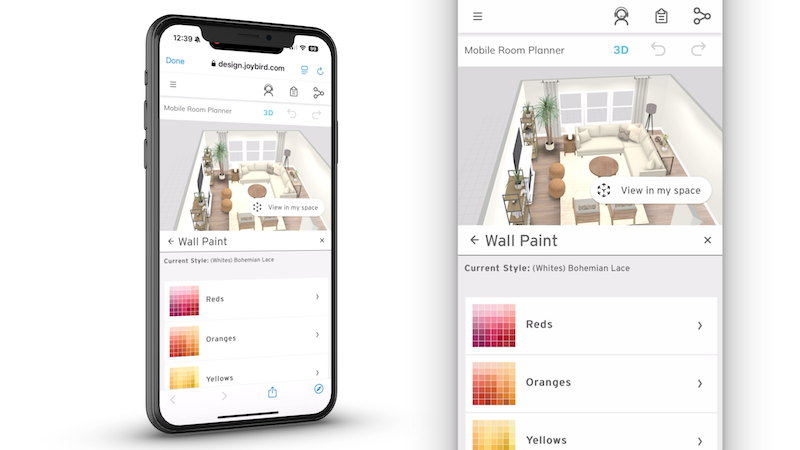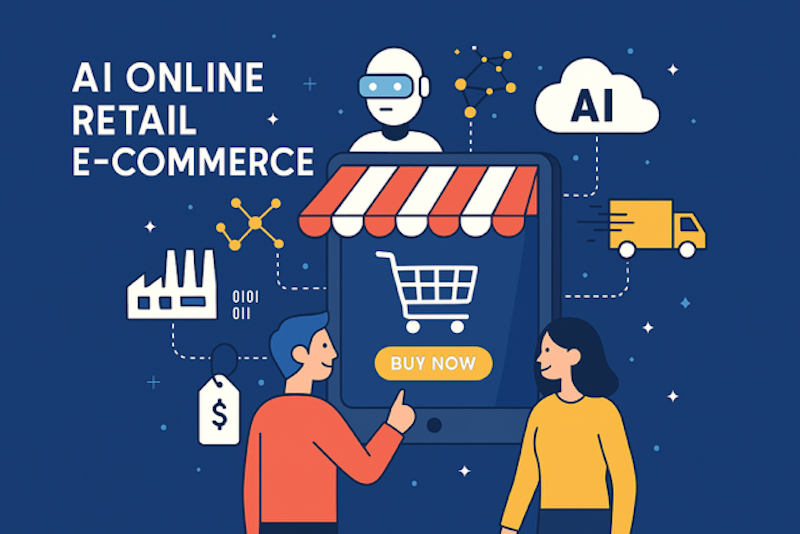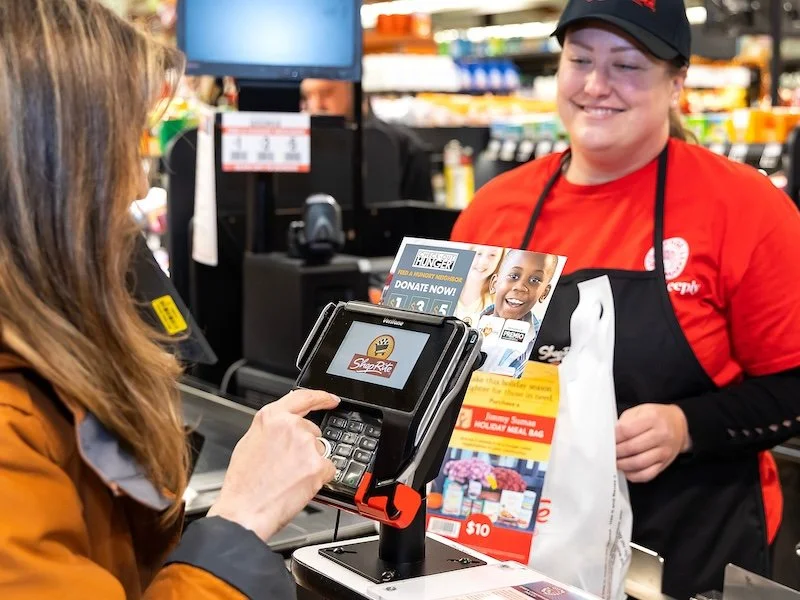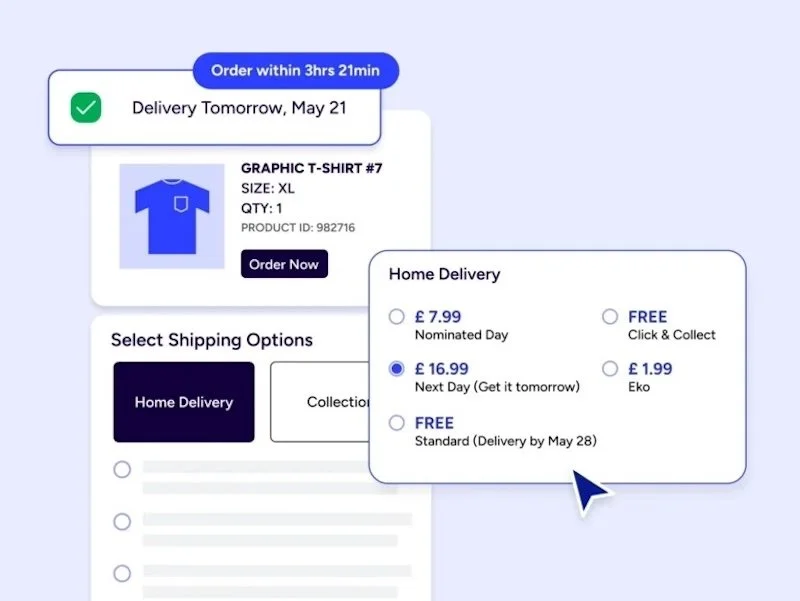Check out these essential technology foundations for e-commerce success
Here in the digital age, having an online presence is key if you want your retail business to survive. Even the most niche of retail companies need a strong web presence and some form of e-commerce store. You digital presence acts as a shopfront to a vast audience of consumers, so you’ll want to ensure that it's as appealing and secure as your land-based business.
Beyond simply launching an e-commerce website, there are essential tech innovations to integrate that will be pivotal in optimising your digital operations. If you’re looking to enhance customer experiences and drive profitability, the following technologies will form the backbone of a successful e-commerce venture.
Customer Relationship Management (CRM) system
A robust CRM system essentially serves as the nerve centre of customer interactions, enabling you to effectively manage and leverage customer data.
With a CRM solution tailored specifically to your e-commerce aspects, you’ll be able to generate detailed information that will give insights into customer behaviour and preferences. You can then use this data to fuel target marketing campaigns, such as delivering personalised recommendations straight to your customer’s inbox. It is extremely important to prioritise data privacy for e-commerce, to ensure that your customer’s data is handled correctly and that you obey online data laws.
The best type of CRM software to invest in is one that will seamlessly integrate with your existing e-commerce platform. If you have plans for expansion, a system that ensures scalability will accommodate future growth, and help you prioritise the evolving needs of your customers.
Inventory management software
Another key software programme to integrate into your e-commerce operations is an inventory management program.
You may already have first hand experience of the negative impact that ineffective inventory coordination can have on customer satisfaction, so a dedicated software program will ensure you can maintain optimum stock levels.
Seek out solutions that track your products across multiple channels and have automatic replenishment features. Advanced features such as demand forecasting, batch tracking, and integration with suppliers or vendors, can also facilitate airtight cordially throughout the supply chain, ensuring uninterrupted availability of products to your customers.
Payment gateway integration
Next up, it's time to think about payment processing systems. Payment gateway integration will enable your online businesses to securely accept payments from customers using various payment methods, including credit cards, digital wallets, and alternative payment options such as cryptocurrency.
If you want to instil trust in your customers during each and every online purchase, selecting a reputable payment gateway will be critical. Prioritise software that’s reliable, secure and compliant with industry standards such as PCI DSS (Payment Card Industry Data Security Standard).

Randomisation
While some of the technologies you’ll be deploying will automatically feature elements of randomisation, it’s worth gaining a basic understanding of the utility that random number generators (RNGs) have in the e-commerce landscape.
While they're more typically associated with the online gaming industry, playing a vital role in ensuring that slot machine mechanics are probably fair in online platforms, there’s a strong connection between random number generators and e-commerce.
In particular, RNGs can often be used to enhance:
Security protocols - RNGs are often used to generate cryptographic keys and tokens, which are essential for securing online transactions in e-commerce platforms. These keys ensure secure communication between the customer and your server, protecting sensitive information such as credit card details.
Session IDs - another use case for RNGs is to generate session IDs, which maintain a user's session as they navigate through your site or complete a transaction. The benefits of using randomisation to generate these session IDs is that the results are impossible to predict or hack.
Randomised marketing strategies - one way to integrate RNGs that’s become increasingly popular over the years is to implement randomised marketing strategies, such as offering bonus discounts or surprise promotions to customers. This helps increase engagement and can contribute to repeat custom.
Analytics and reporting tools
Data driven insights are indispensable for driving informed decision-making across your business, and they can contribute to optimising the performance of your e-commerce arm.
There’s a wide array of analytics and reporting tools out there, but they all aim to empower business owners to monitor KPIs, analyse sales trends and identify opportunities for growth and optimisation using targeted features.
Analytics platforms that offer robust reporting capabilities will be the most relevant to retail business making the move online, as they can deliver actionable insights into how customers purchase and use your products.































Continue reading…